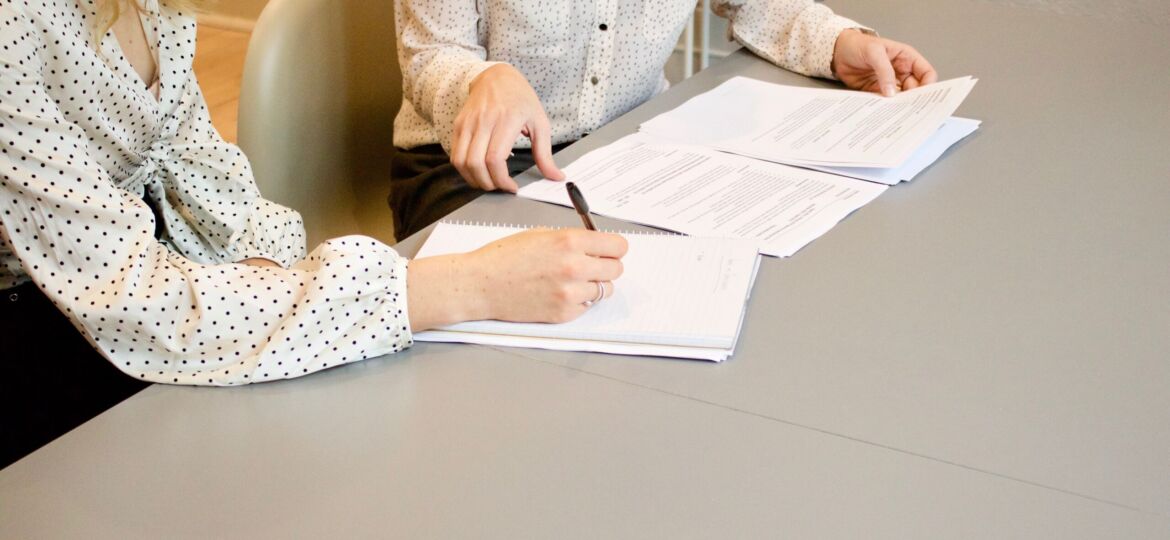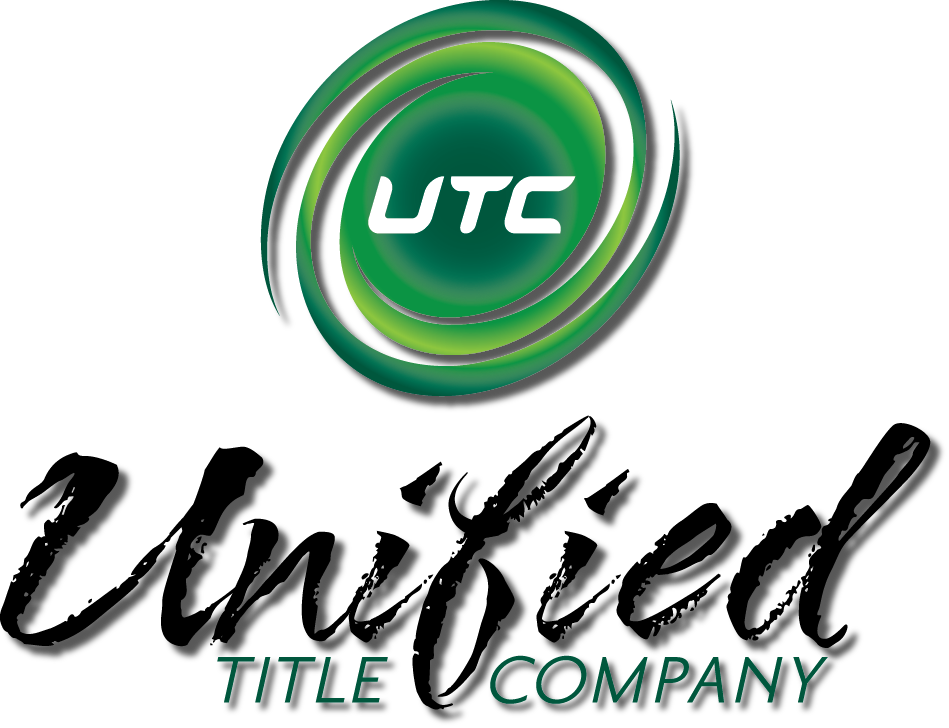
When you buy a home, there are many things to take care of before the closing date. You must arrange for the mortgage, get homeowners insurance, and set up utilities in your name. But there are also some things you should do long before you sign any papers. Here are four things you should do before closing on a home.
Get a Homeowners’ Insurance Policy in Place
Another important thing to do before closing on a home is to get a homeowners’ insurance policy. This will protect your investment in unforeseen events like fire, theft, or weather damage. Most lenders also require it, so it’s something you’ll need to take care of anyway. The best way to get started is to get quotes from a few different insurers and compare their rates.
Have Your Home Inspected by a Professional
A home inspection contingency is essential to have in place as part of your purchase agreement when buying a home. This contingency allows you to have a professional inspect the property for defects or problems before finalizing the sale. If you discover any major issues, you can use the contingency to renegotiate the sale price or walk away from the deal altogether. Without this contingency in place, you could be stuck with a home that needs expensive repairs that you were not expecting.
Find a Good Real Estate Agent
A good real estate agent can be worth their weight in gold when buying a home. They can help you find the right home, negotiate the price, and deal with all the paperwork. They’ll also be there to answer any questions you have along the way. So take your time to find a good agent that you can trust.
Work with a Title Company
A title company is a must when you’re closing on a home. They’ll help ensure there are no outstanding liens or encumbrances on the property and handle all the paperwork involved in the closing process. This can be a big help, especially if you’re unfamiliar with the process.
Order a Title Search to Make Sure the Property
When you buy a home, the title to the property gets transferred from the seller to you. For this transfer to be legal and binding, the title must be clear of any legal or financial encumbrances. You must resolve the property’s outstanding legal claims or financial debts before the seller transfers the title to you. If the seller cannot clear up any encumbrances on the property, this could delay or even prevent the sale from going through. This is why you require a title search before closing on a home. If you are working with a real estate agent, they usually order the title search on your behalf. However, it is always worth doing your research to ensure everything is in order.
Get Your Finances in Order
Closing on a home is a big financial commitment, so you must ensure your finances are in order before starting the process. This means getting your credit score in good shape and ensuring you have enough money saved up for a down payment and closing costs. It also means getting pre-approved for a mortgage, so you know exactly how much you can afford to spend on your new home.
Get Rid of Your Debt
To get the best mortgage interest rate, it’s important to have a good credit score. And one of the best ways to improve your credit score is to get rid of your debt. So before you start house hunting, look at your financial situation and see if there’s anything you can do to pay down your debt. This may mean making sacrifices in other areas of your life, but it will be worth it in the long run.
Get an Appraisal
When buying a home, it’s important to get an appraisal. This will give you an accurate estimate of the value of the property you’re interested in. In most cases, the lender will require an appraisal as part of the loan process. But even if it’s not needed, getting one is still a good idea. An appraisal can help you avoid overpaying for a home and give you some negotiating power if the seller asks for more than the property is worth.
Prepare to Pay Closing Fees
When you’re buying a home, there are several fees that you’ll need to pay at closing. These include the loan origination fee, appraisal fee, and title insurance. The best way to budget for these expenses is to ask your lender for a good faith estimate of all the costs you’ll be responsible for. This way, you’ll know exactly how much money you need to bring to the table on closing day. In addition to these fees, you’ll also need to have money saved up for a down payment. The size of your down payment will depend on the loan you’re getting and the price of the home you’re buying. You’ll likely need to put down at least 3% of the purchase price.
Create a Home Inventory
Once you’ve officially closed on your new home, creating a home inventory is next. This is a list of all the personal belongings that you’ll be bringing with you to your new house. This includes everything from furniture and appliances to clothes and electronics. Creating a home inventory helps you keep track of everything you own and makes it easier to file insurance claims if any of your belongings get damaged or stolen.
Closing on a home
Closing on a home is an exciting time, but it’s important to ensure you do everything possible to protect your legal ownership of the property. Before closing, contact Unified Title, so we can help you through the process and ensure a smooth transition into your new home.
